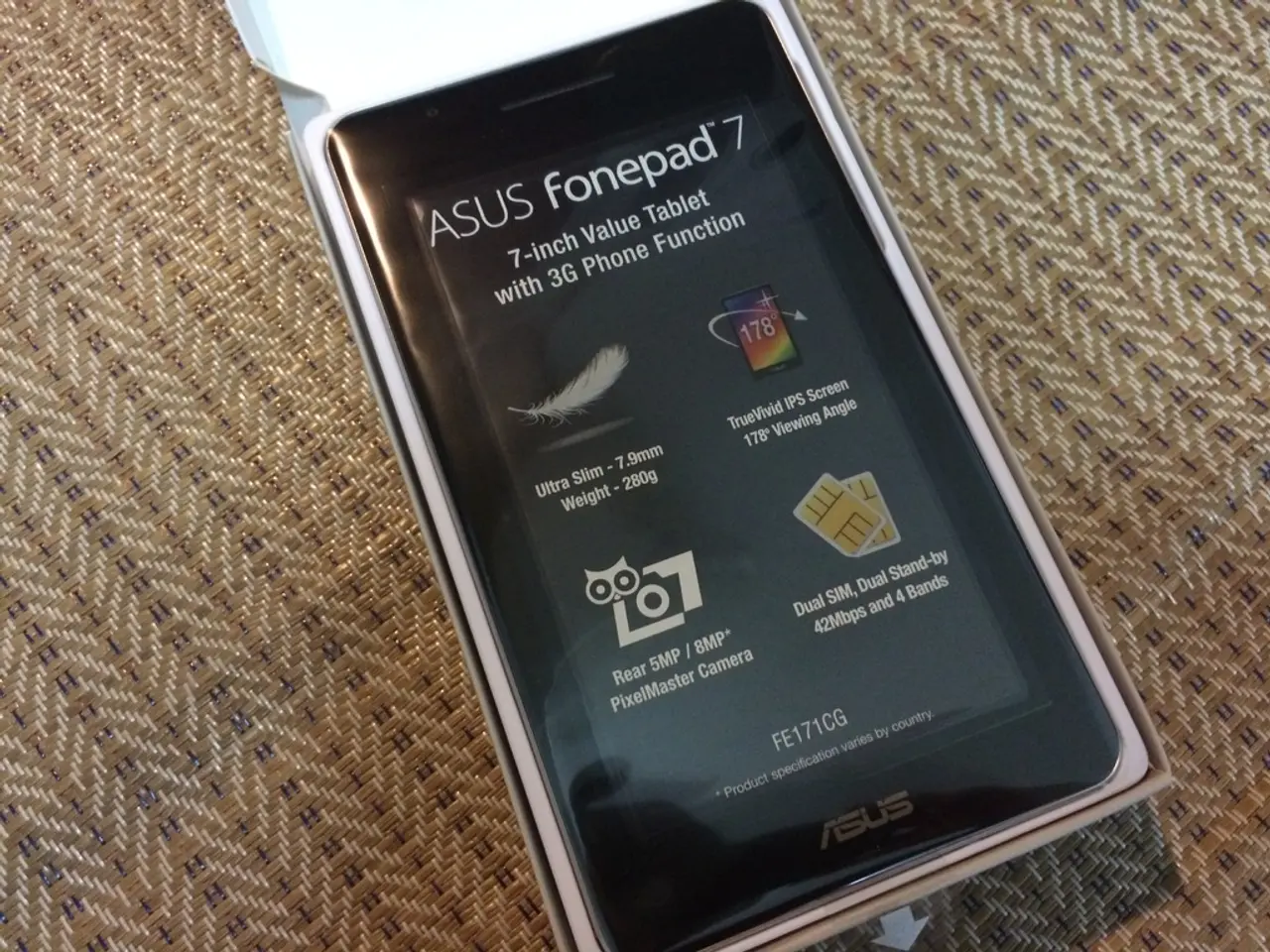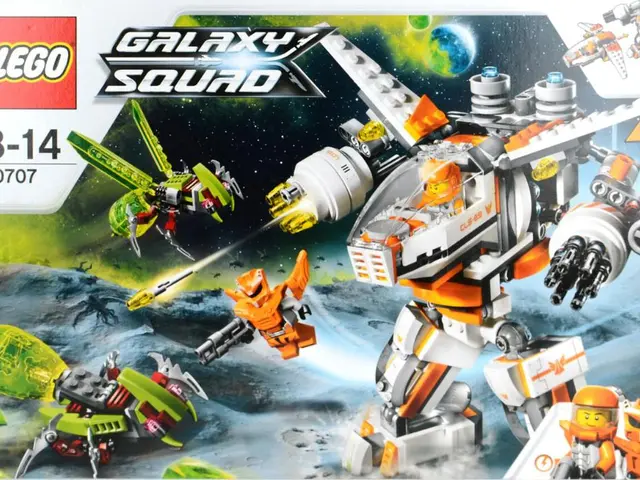Deepening partnership between Samsung and Tesla anticipated following conclusion of Dojo project
Tesla Shifts Focus to AI Chips and Expands Partnership with Samsung
Tesla, the leading electric vehicle manufacturer, has announced a significant strategic pivot in its chip development. As of August 2025, the company has disbanded its Dojo supercomputer project and is now focusing on two new in-house AI chips: AI5 and AI6.
The AI5 chip is designed as a low-power inference accelerator primarily for in-vehicle deployment supporting Tesla’s Full Self-Driving (FSD) system. On the other hand, the AI6 chip is a high-performance processor aimed at data center training tasks and autonomous robotics. Tesla is unifying its chip architecture and software toolchain around these two designs to optimize performance and developer efficiency.
In terms of manufacturing, Tesla is outsourcing wafer fabrication and packaging to leading semiconductor foundries. The AI5 chip is reported to be manufactured by TSMC, while the AI6 chip production involves Samsung Electronics. Notably, Tesla secured a $16.5 billion deal with Samsung to produce next-generation AI chips at Samsung’s new semiconductor facility in Texas. This partnership is a key part of Tesla’s chip manufacturing strategy.
Elon Musk, Tesla's CEO, indicated that Tesla may build a successor “Dojo 3” supercomputer based on AI6 chips combined with external GPUs (from partners like Nvidia and AMD), suggesting a hybrid system architecture that leverages both Tesla’s custom silicon and industry-proven processors.
Production timelines target AI5 chips to start ramping up by the end of 2026, followed by AI6 chips thereafter, aligning with Tesla’s expanding ambitions in autonomous driving and humanoid robotics.
This shift reflects Tesla’s strategic move to concentrate on scalable, versatile AI chip solutions while leveraging Samsung’s semiconductor expertise for manufacturing. Elon Musk described the deal’s disclosed amount as "just the bare minimum," indicating the actual value could be higher. Samsung’s role in supplying Tesla’s AI chips is expected to grow further.
The dismantling of the Dojo supercomputing team indicates a deeper reliance on external chip partners. However, no information has been provided about Tesla dismantling its Dojo supercomputing team or engineers being reassigned to other initiatives.
Samsung Electronics Chair Lee Jae-yong is currently staying in the US, fueling speculation that he could meet with top Tesla executives to discuss expanding cooperation. A video call between Musk and Lee Jae-yong has already taken place, hinting at a potential expanded partnership.
Tesla first launched the Dojo project and unveiled the D1 chip in August 2021. The Dojo project was aimed at building a custom supercomputer for training machine-learning models behind Tesla's Autopilot, Full Self-Driving systems, and Optimus humanoid robot.
In summary, Tesla's focus is now on AI5 and AI6 chips, with manufacturing handled by TSMC and Samsung Electronics respectively. The company is also planning to build a successor “Dojo 3” supercomputer using AI6 chips and external GPUs. The $16.5 billion deal with Samsung is a significant step in Tesla's strategy to leverage external partnerships for its chip manufacturing needs.
- Tesla's strategic shift towards AI chips, as seen in the development of AI5 and AI6, is not isolated from the business world, as it has partnered with technology giants like Samsung Electronics for manufacturing these chips.
- In line with Tesla's expanding partnership with Samsung, the South Korean tech company will be instrumental in the production of Tesla's next-generation AI chips, both for in-vehicle deployment and data center training tasks.




